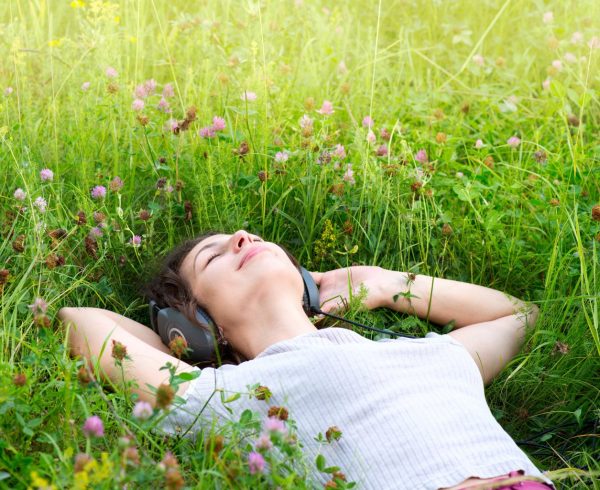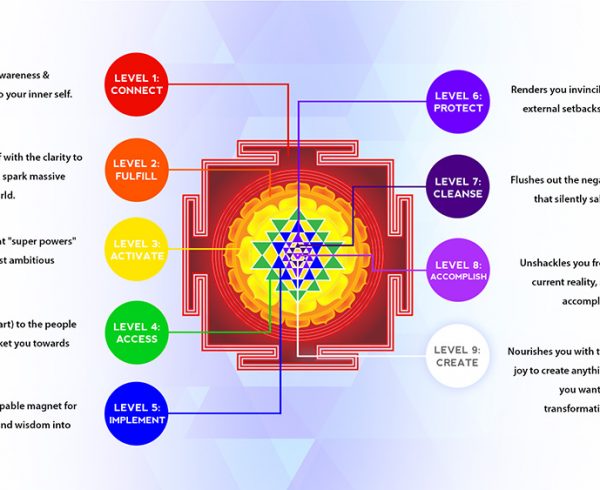Back in the ‘60’s, psychedelic mushrooms were considered a gateway to another universe. Often, people entered their kaleidoscopes and were considered to simply be “on drugs”.
A study published earlier this month in Human Brain Mapping co-authored by Dr. Robin Carhart-Harris, the post doctoral researcher in neuropsychopharmacology at Imperial College of London, reveals that there’s more to it than a trip with Alice in Wonderland.
 The mushroom compounds unlock brain states that we can only experience during dreaming, which can help unlock permanent shifts in perspective.
The mushroom compounds unlock brain states that we can only experience during dreaming, which can help unlock permanent shifts in perspective.
The study itself had examined the brain activity of subjects who had received injections of psilocybin, (“shrooms” main psychedelic component) and with placebos.
After the injections, with the aid of MRI scans, the total of 15 participants who had received the injections, had increased function in areas that dealt with memory and emotion, similar to the brain during dream sleep. It was surreal.
When speaking of mushrooms themselves as “drugs”, Dr. Carhart-Harris said, ““Except for some naïve users who go looking for a good time…which, by the way, is not how it plays out, you see people taking them to experience some kind of mental exploration, and to try to understand themselves.” She further says that some patients benefit from having their emotions unlocked.
[cm_ad_changer campaign_id=”1″ debug=”0″]

“It would really suit the style of psychotherapy where we engage in a patient’s history and hang-ups,” Carhart-Harris said. “Instead of putting a bandage over the exposed wound, we’d be essentially loosening their minds—promoting a permanent change in outlook… we will also be looking at the possibility that psilocybin may help alleviate symptoms of depression by allowing patients to change their rigidly pessimistic patterns of thinking.”
This is the first study ever done to measure the behavioral effects to biological changes of someone ingesting psychedelic mushrooms.
But the ancients on the other hand, knew of this magic all along.
In the book Shroom: A Cultural History of the Magic Mushroom by Andy Lechter, the author accounts for the thousands of years that humans have had an important relationship with psychoactive mushrooms. That after stumbling upon them in the stone age, our ancestors had truly grasped the power of the psychedelic experience they provide.
He even writes that it may be that the spiritual insights which inspired the major world religions were based on entheogenic mushroom sacraments. The druids of pre-Roman Europe, the ancient Greeks of Eleusis, and maybe even our early ancestors on the African savanna knew that one could contact the spirit world under the influence of this psychoactive fungi.
He states that there is proof in the hidden references to mushroom use found in scriptures and religious art, such as the Soma of the Hindu Rig Veda, which may refer to Amanita muscaria, the red-and-white-spotted mushroom familiar from storybooks, the favored resting stool of gnomes.
So, who isn’t obsessed with gnomes?!
Try Gordon Wasson, a vice president of J. P. Morgan & Company, whose hobby and obsession was mushrooms, (well maybe gnomes, too).
In 1955 he traveled to Oaxaca, Mexico, where he met MarÃa Sabina, a Mazatec Indian, who introduced him to magic mushrooms and mysticism. On his first shroom trip, he felt “as if his soul had been scooped out of his body.”
He even wrote an article in 1957 for Life magazine entitled “Seeking the Magic Mushroom.”
It started a movement back then, where westerners began tripping and scarfing up ‘shrooms. Even the Time/Life founder Henry Luce turned on to psychedelics.
Andy Letcher writes of Wasson, “…he may have failed in his attempt to prove the existence of an ancient mushrooming cult, but in doing so he gave the world a modern one.”
And modern medicine is indeed intrigued.
With a record of 350 million people suffering from Depression worldwide, (World Health Organization), the magic answer may just be in this magic mushroom.
References:
http://www.washingtonpost.com/news/to-your-health/wp/2014/07/03/psychedelic-drugs-put-your-brain-in-a-waking-dream-study-finds/?Post+generic=%3Ftid%3Dsm_twitter_washingtonpostancient
http://www.nytimes.com/2007/06/03/books/review/Teresi-t.html?pagewanted=all
http://en.wikipedia.org/wiki/Psilocybin_mushroom
http://www.who.int/mediacentre/factsheets/fs369/en/
http://onlinelibrary.wiley.com/doi/10.1002/hbm.22562/abstract







Thought it wouldn’t to give it a shot. I was right.
Julie é skriver:Hej. Älskar er podcast och skulle väldigt gjärna vilja ha ett avsnitt omtill romantiska-filmer/romantiska-komedier etc. Det behöver inte bara vara dåliga filmer och skulle vara kul att höra era favoriter.
Why do people keep associating cyber terrorism with people dying?Cyber terrorism is nothing to do with people dying, cyber terrorism is a different type of terrorism than physical terrorism.
This info is the cat’s pajamas!
You might want to check out what Dr. Octavio Rettig is working on with the Bufo Alvarius toad that only lives in the Sonora desert. It produces 5-Mao-dmt, and he’s treated hundreds of addicts with this ancient sacred medicine.